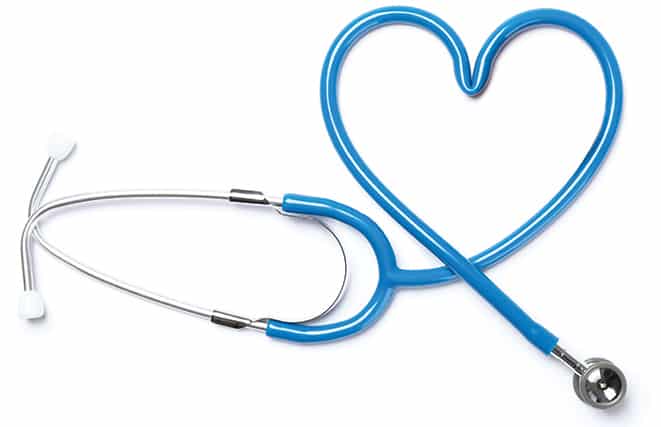
I don’t tend to get a lot of feedback from my articles so I can only hope that readers enjoy them and learn from my experience and particular ‘take’ on GP and Emergency Medicine. It is also a real privilege to be in the company of some really excellent contributors to this monthly publication.
Treatment of heart failure is important: There are some drug classes with funny names but I think it is important to understand how they work and how they come to the market. There have been some amazing advances.
I recently attended an online conference beamed in from Edinburgh, so this month I am looking at the earlier diagnosis of heart failure (Dropsy) the symptoms, and the advances in treatment that are really making a difference and saving lives.
Also, I love the word serendipity, which means the chance discovery of something that is beneficial!
So many times in Medicine, somebody discovers a new treatment purely by chance with great benefits – penicillin, water tablets and Viagra to name but a few.
So, what has all this got to do with your heart?
Heart failure is the situation when the heart is not pumping enough blood around the body: It is common as we get older and often poorly recognised particularly in ED when the symptoms are missed in up to 50 per cent of presentations, as patients come along with coughs, Covid and shortness of breath from other suspected causes. It is so important not to miss the early symptoms.
What are the symptoms? Well, I have talked about heart attacks; heart failure is usually less dramatic but again, time is of the essence, as early treatment is hugely beneficial. Increasing shortness of breath over a few weeks, ankle swelling, waking up at night short of breath and inability to sleep flat are the big clues. The lungs are becoming water logged. You may need water tablets (diuretics) urgently.
You visit your doctor who looks for these red flag symptoms, examines you, and looks for ankle swelling, the veins in your neck, blood pressure, pulse, heart murmurs and oxygen levels. This is done in minutes. An ECG will be done; if this is normal it is most helpful in excluding heart failure. If the ECG is abnormal, an X-ray of your chest is needed, looking for an enlarged heart under strain and congested lungs.
Bloods tests will be done looking for heart damage (a Troponin Level), kidney problems and anaemia. A water tablet, a diuretic-like furosemide, will need to be started. In an ideal world an Echo of your heart would be done to absolutely confirm the diagnosis to accurately measure the hearts performance.
If symptoms are improving your doctor will add in a beta blocker like bisoprolol and an ACE inhibitor like enalapril or ARB like candesartan to maintain the improvement. Low doses at first and building up gradually with monitoring of blood tests. The Beta blocker stops the heart beating too fast and the ACE inhibitors and ARBs relax the blood vessels lowering the blood pressure and easing the work of the heart.
You might also be put on a drug called eplerenone, which stops the body absorbing too much salt, which complements the above trio. Too much salt is bad.
If symptoms are not improving, patients are often referred to ED in the hospital and we then speak to our cardiology friends for advice. They have some exciting new treatments up their sleeves.
Back to serendipity. Diabetic specialists, purely by chance discovered that diabetics who have too much sugar circulating in their bloodstream, when put on a class of drugs that drive sugar out through the kidneys, had much lower rates of heart trouble than others who were not. These are the glucose transporter drugs.
We do not know why this is the case…but lo and behold they are now being used to treat heart failure without diabetes very successfully. Even starting them early on with the water tablets, they are that good. This is great news of course.
Another drug now established in treating heart failure is Entresto, a tablet that is a combination of two different classes of heart failure drugs, which is now well-established in treating more resistant heart failure. This treatment arose from researchers trying different combinations and looking at the benefits over many years monitoring their patients. A little bit of chance and a lot of science again.
So to recap, watch out for those red flag symptoms. Treatment? We get rid of the excess water first with a diuretic, all going well, then we start a beta blocker and an ACE inhibitor or ARB. If that is not doing the job, try the newer miracle drugs, the glucose transporters and Entresto.
You have to admit…all good news.



